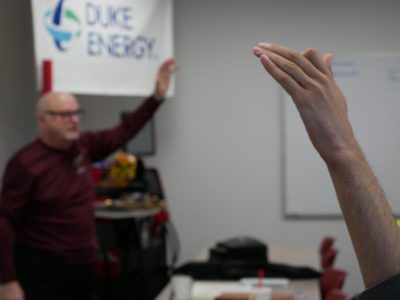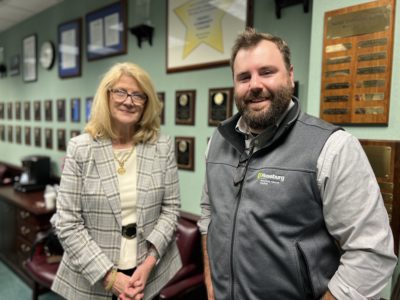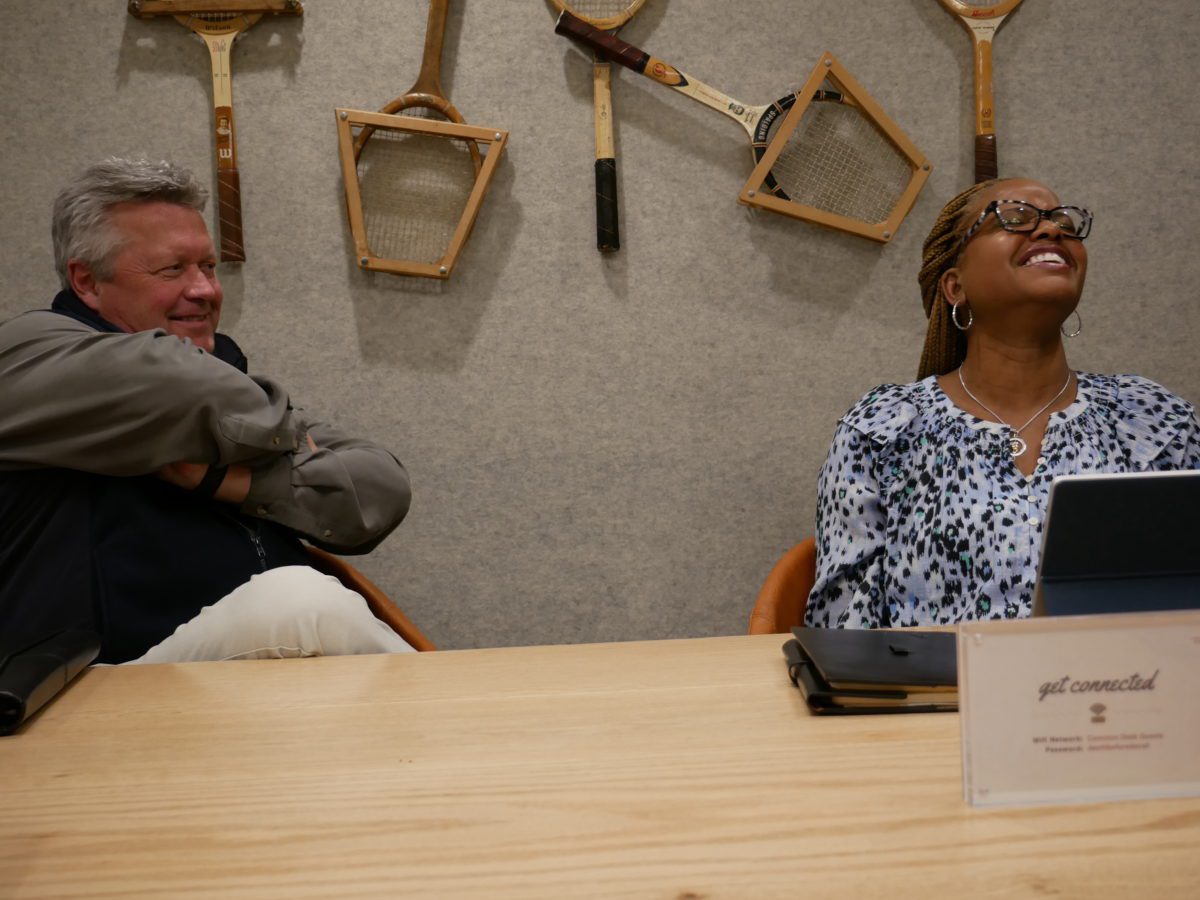
|
|
When entrepreneurs started showing up to Genesis Block, an incubator for diverse-owned businesses launched in Wilmington in 2020, many mentioned the same name: Jerry Coleman.
Coleman, director of the Small Business Center (SBC) at Cape Fear Community College, often served as the first touch-point for these individuals interested in starting their own businesses, providing basic knowledge and skills for free.
Genesis Block’s co-founders, Tracey and Girard Newkirk, knew they needed to get to know Coleman.
“For our first class, 62% came from Jerry,” said Tracey, president of Genesis Block.
Now Coleman, Tracey, and Girard work hand-in-hand supporting small-business owners with education, training, networking, and growth.
“If you can somehow connect the foundation that comes from the educational framework that community colleges already have, and tie that in with organizations more upskilling-driven … it really provides a good dynamic to produce productive businesses,” said Girard, CEO of Genesis Block and Tracey’s husband.
Last year, Genesis Block served 38 businesses that generated $15.9 million in revenue and produced 99 jobs, Girard said. Coleman estimated that the Small Business Center worked with more than 250 clients, held 160 events with 2,500 attendees, and created 300 jobs.
“The small business drives our economy,” said Coleman, who earned the title of State SBC Director of the Year in November.
Often Coleman will provide the basics of how to start a business, from licensing to online marketing, and then direct people to Genesis Block, which has three courses for businesses to build capacity, connect with a network of clients, and receive more intensive support.
“They build confidence,” Coleman said of Genesis Block.
Listening to industry
This partnership is one of many ways Cape Fear, one of the largest community colleges in the state, is creating economic mobility for its community.
The college supports one of every 31 jobs in its service area of New Hanover and Pender counties, according to a recent economic impact report. In the 2019-20 fiscal year, the college added $322.1 million in income and 6,057 jobs to the area.
From the 2020-21 school year to 2021-22, the school saw a 14% increase in enrollment, bouncing back from a 13% decrease the year prior. That increase can mainly be attributed to growth in continuing education and workforce development programs, said President Jim Morton, areas where enrollment has increased by 45% in the past year.
Upon arriving at Cape Fear in 2017, he saw a need for the college’s leaders to “be better listeners to business and industry,” Morton said. “And that’s why we actually have listening sessions where we go in and we talk to business and industry and (say), ‘Tell us, what do you need? What is your vision five years from now, what’s your pipeline look like? What type of skillset do you need?'”
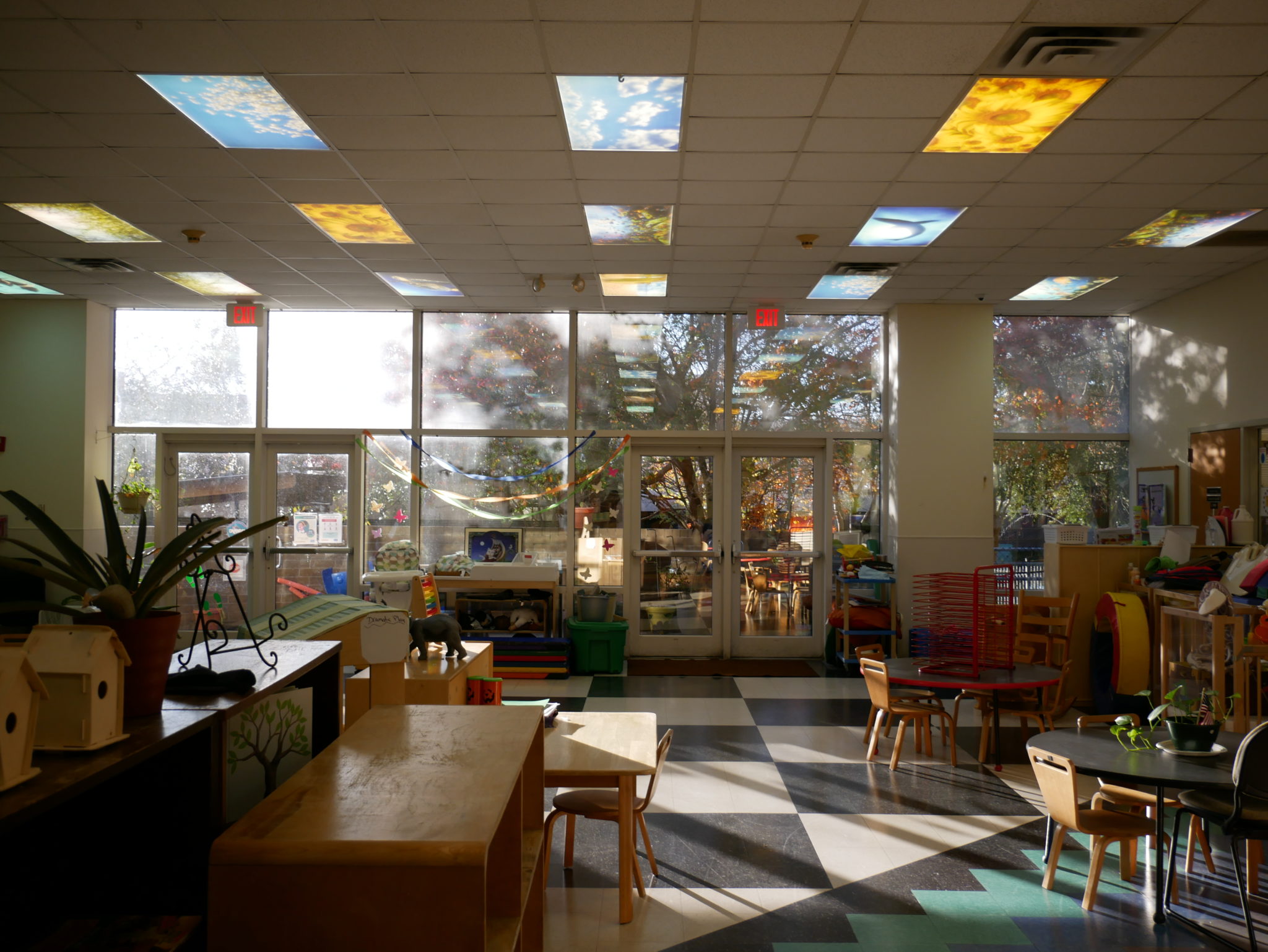
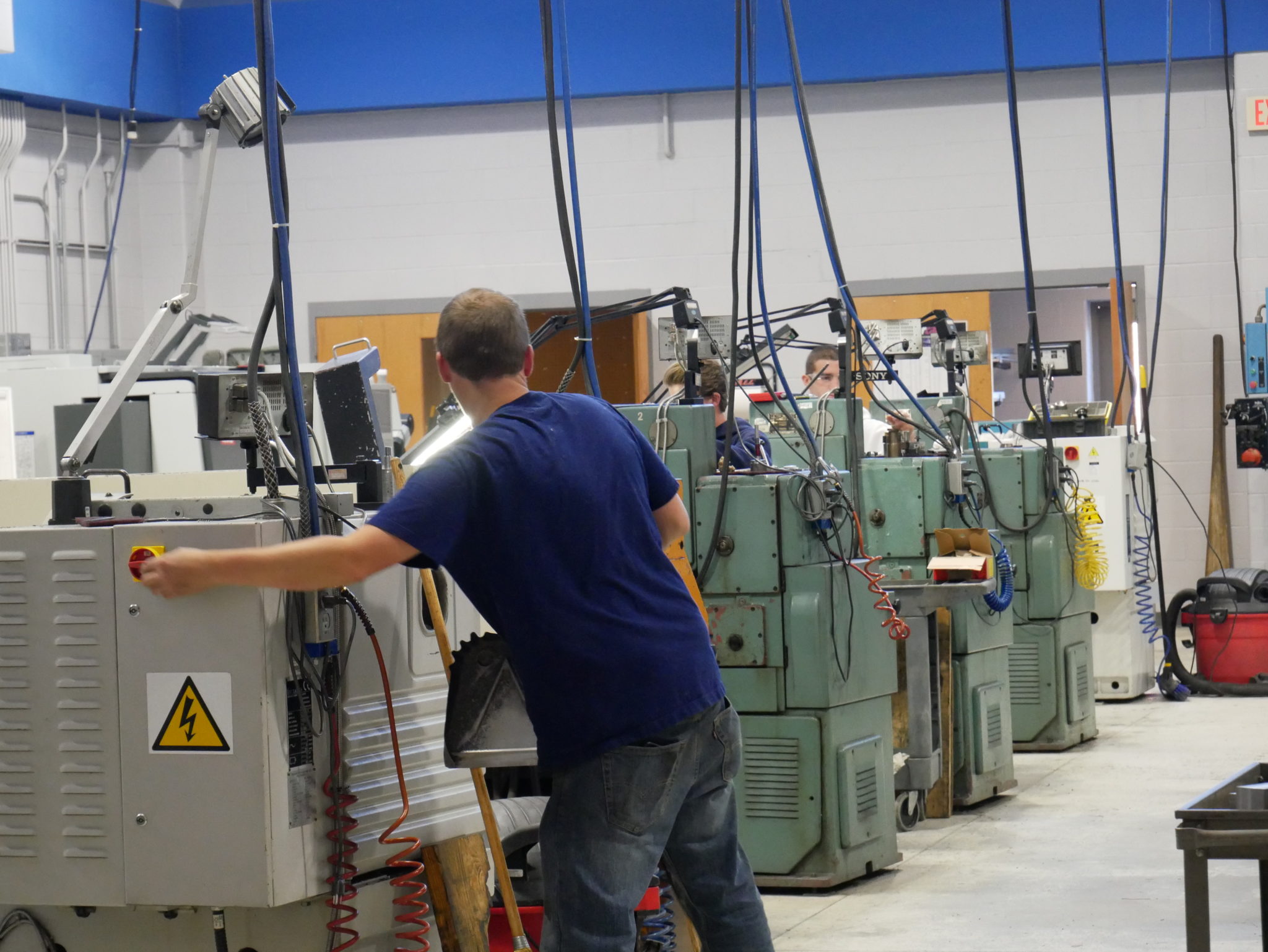
Morton pointed to the college’s electrical line worker program as an example. The college heard from Duke Energy about its retiring workforce and what it needed, so Cape Fear created a program to meet those needs. In 10 weeks, students can complete the training, find employment, and make $24 an hour — with lots of opportunity for growth. The college graduates about 50 students in that program every 10 weeks.
“I love to educate, train, and facilitate employment,” Morton said.
The college also has plans to triple its nursing program, double its dental program, and start providing drop-in chid care for students to use while taking classes on campus.
“Every time you go to the doctor, or EMS picks you up, or you talk to a firefighter, or policeman or policewoman, or anything medically related, ask them where they get trained. Eighty percent of the time they’re gonna say Cape Fear Community College,” Morton said.
“Without the community college, I don’t know how the community would survive.”
Building a stronger Wilmington
Another opportunity for growth is connecting with underserved populations. Communities of color often are intimidated by the institution, Morton and Coleman said.
That’s where a partnership like the one with Genesis Block is key.
The college’s North campus soon will partner with Block Eatz, one of Genesis Block’s initiatives that supports food entrepreneurs. Two food vendors will be able to use the campus cafeteria to test their businesses in a real-world environment.
The college also provides space for other events and programs Genesis Block offers, which helps individuals feel more comfortable with accessing courses at the college. Tracey Newkirk said they often recommend certain community college programs to their clients, and are working to promote trades-based training in particular.
“We’re hoping that will tear down some of the stigma,” she said.
Tracey’s larger vision was sparked after she moved away from the area, worked in corporate jobs, and then returned to open her own business. As she got more involved in the business community of Wilmington, she wasn’t seeing many people who looked like her, she said.
Then her son visited from Alabama. He verified her feeling. Leaving Wilmington and coming back had underscored the lack of diversity. Tracey met her husband, who was also from the area but had spent time in Silicon Valley, and the two founded Genesis Block.
The Newkirks are aiming to create a more inclusive business community — in Wilmington and beyond — for the future of families like their own.
Tracey described her goal as “building a Wilmington where my two sons would want to live, work and grow, and raise a family.”



